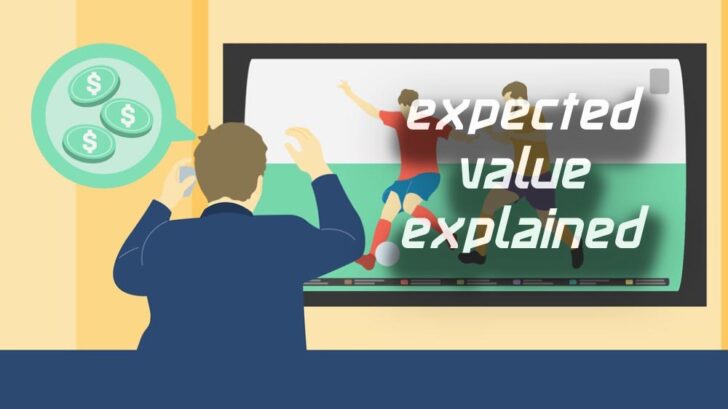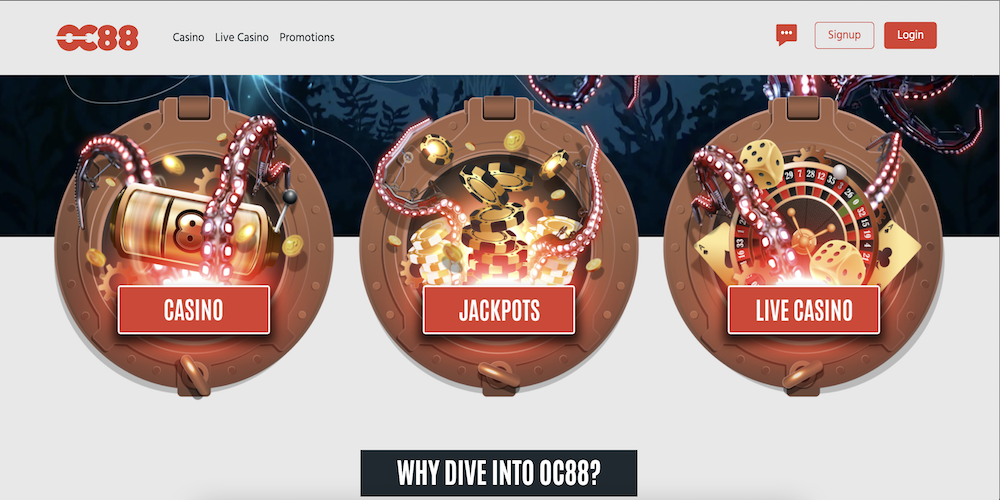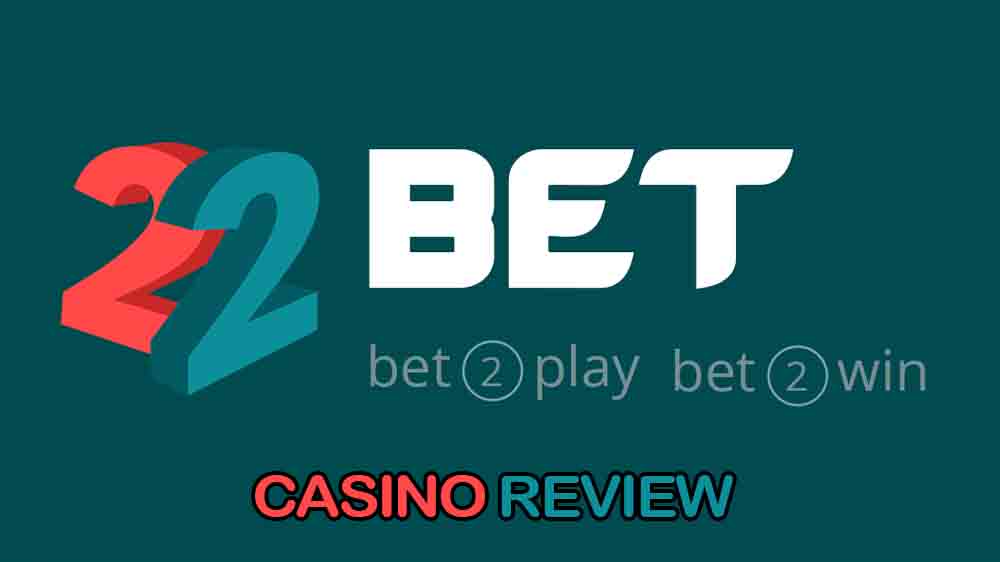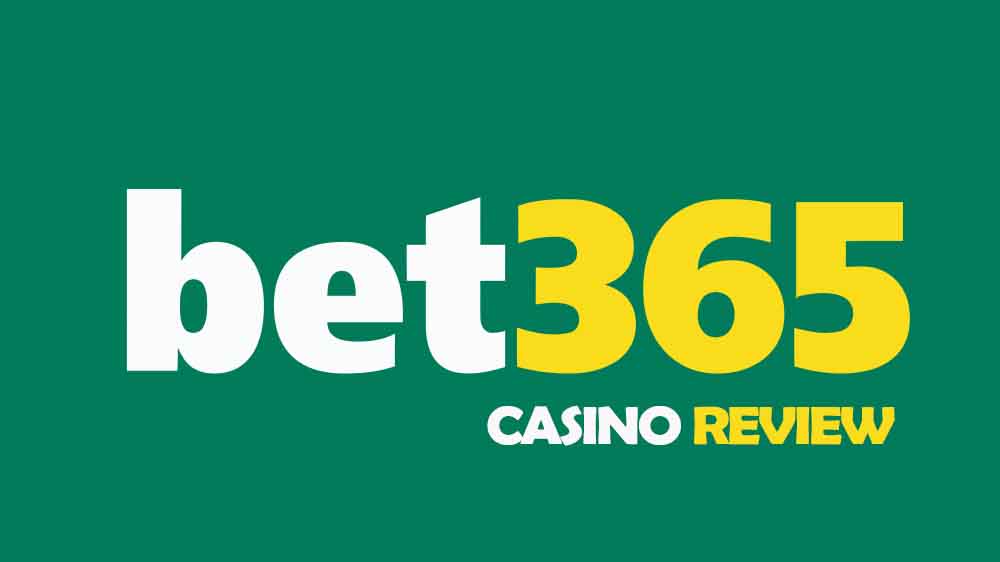Expected Value in Sports Betting: Where to Find It

Introduction: Expected Value in Sports Betting
First things first: Sports betting is hard! Let’s get that out of the way. Most sports bettors, using all types of sports bets, will lose money and that’s a simple fact. After all, you don’t hear about sportsbooks going bankrupt or running short of funds to pay out wins? Yet, there is a very small percentage of sports bettors who are able to consistently turn a profit and know how to win the jackpot online. But to do so requires a great deal of discipline. Oh…and a good understanding of mathematics, including probability and expected value.
Sports Betting and Probability
Considering that mathematics is a class every student had to take over the course of the primary and secondary education, then it’s a bit of a surprise as to how many of you have forgotten your classes in probability. It’s pretty obvious that many of today’s sports bettors have a mental block when it comes to using probability when placing bets. In fact, you can’t consistently win money from betting if you don’t put that jackpot winning tips and tricks from yesteryear into good use. So let’s break down the mathematical principles of betting by looking at both probability and expected value.
Probability and Expected Value
One of the main reasons that we all love to watch sport, as opposed to actually taking part, is simply because the uncertainty of a fixture makes it all the more exciting. The not knowing what’s going to happen, coupled with the fact that it’s all beyond our control, makes for a heady mix, especially if you add a money wager. And it’s this uncertainty that makes sports betting such a thrill. You just never know who the winner is going to be.

What are Implied Odds?
If you had a group of kindergarten children up against the NBA’s dream team, there is either a 0 or a 1 probability that they would win. As you can see, the whole idea behind sports betting are these two numbers as the extremes. All matches and games will fall between 0 and 1. This number represents the possibility of a certain outcome. Once you can calculate this with relative ease, then you can compare your result with that given by the sportsbook, which are known as the “implied odds”. The difference will be the edge…either you’ll have it or the sportsbook will.
OK…now pay attention class! Whenever a sportsbook sets a line, then that is an implied probability of a certain bet coming in as a winner. What it’s saying, is that a bettor would draw even money if they could win a certain percentage of goes, over time. Let’s use the simple coin flip to illustrate our statement. So, with the flip of a coin, the line from a sports bookmaker would be +100. By implication, this means a 50% chance of the coin going either way. Once you’ve got the hang of the concept, then you can begin converting lines to probabilities. And from that, you can progress to deducing whether a bet has a positive expected value.
It’s as Simple as a Coin Toss
If you want to find any success as a sports gambler, then you need to be able to accurately predict the probability of a specific outcome. And that number that you’re able to provide, will then be compared with the lines offered by sports bookmakers. And this the point whereby you’ll be able to calculate the +expected value. Imagine that a casino was offering odds on a “head” coin toss at +110 odds. Now the +100 implies the overall probability as 47.6%. This would be a dream come true. You already know that the probability of heads is 50%, meaning that you’re going to be losing the bet the same amount of time you could win it over time.
Visit JackpotFinder’s 1xBET Sportsbook Review here
But, if as in this case, you’re getting more cash on a win than you’d get on a loss, then you’re going to be making a profit well into the future. These are great jackpot winning strategies. With such positive expected value, you would be making bank over and over. Unfortunately, these odds would never be on offer. Otherwise, the bookmaker would be bankrupted within a very short space of time.
Expected Value: Losers Can Win for You
Keep in mind that what you’re looking for is not a unicorn riding a 100% sure lock-in. No such odds exist. Focus on where you can find and then exploit “value”. A good example would be finding a monster underdog in MLB. Let’s say the Dodgers were up against Houston Astro’s. It’s a pointless game as Houston is down-beat and suffering a lot of injuries. Crunch your numbers and you’ll see that Huston only has a measly 34% probability of emerging victorious. Though it’s not a lock-in certainty, it’s still relatively low. But imagine if the sportsbooks give the Astro’s even less chances of winning. Say, they have a line at +351-. This translates to a 22% chance of Houston winning the game.
So there’s a huge discrepancy here, and this would make a great opportunity to exploit the edge. So, we suggest that you bet on the team that you fully expect to lose.
You Are Looking For Value
Why would you do that? Well, it’s because you’re receiving huge value. If you were always able to secure this action, you’d certainly increase your jackpot winning chances and be making great long term profits. Remember class, that you’re not following the teams here. That’s a mugs game. No sir, we follow our model of “finding value”. So if you find a team with less than 50% probability of winning, but have secured a positive +expected value, then that’s where you place your bet. Many sports gamblers will be waiting for a sure thing to come along. And whilst they’re waiting, they are still betting on other stuff. And before you know it, the bankroll is all used up.

With Betting, Play the Long Game
What they totally fail to understand if that sports betting is a “long game”. In order to be successful, you don’t need monster wins. Just keep going slow and steady, with small wins that add up over time. We’re not suggesting that you should only bet on the underdogs. It’s just that sometimes you can find value there. As a for-profit bettor, you need to widen your horizons much further than simply looking at which team might win. Keep in mind that there’s the same amount of profit in teams that lose.
Conclusion: Expected Value in Sports Betting
It’s absolutely normal for a for-profit gambler to take a punt on a losing team. If you see that the probability of a team winning is below 50%, then you should immediately check the +expected value. And remember that the greater the sample size, the greater the +expected value spread will be. Sports betting should be fun. But nothing beats winning some cash because you spotted an opportunity a sports bookmaker missed. Feel free to check out our guide to sports betting for some more tips.
Click here to apply what you have learned – play at 1xBET Sportsbook














